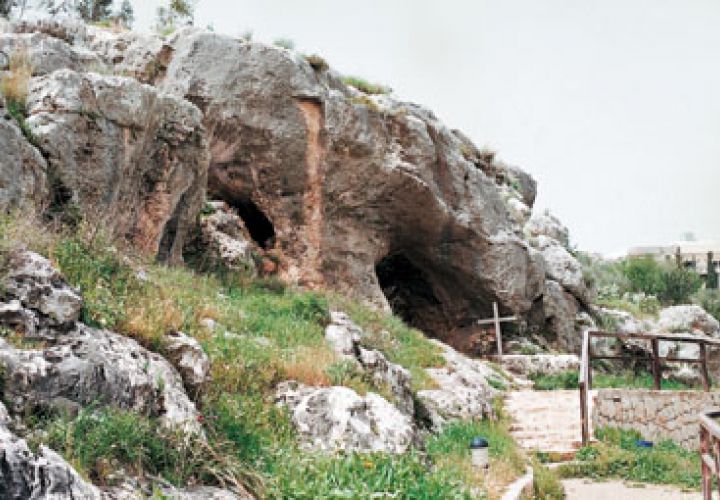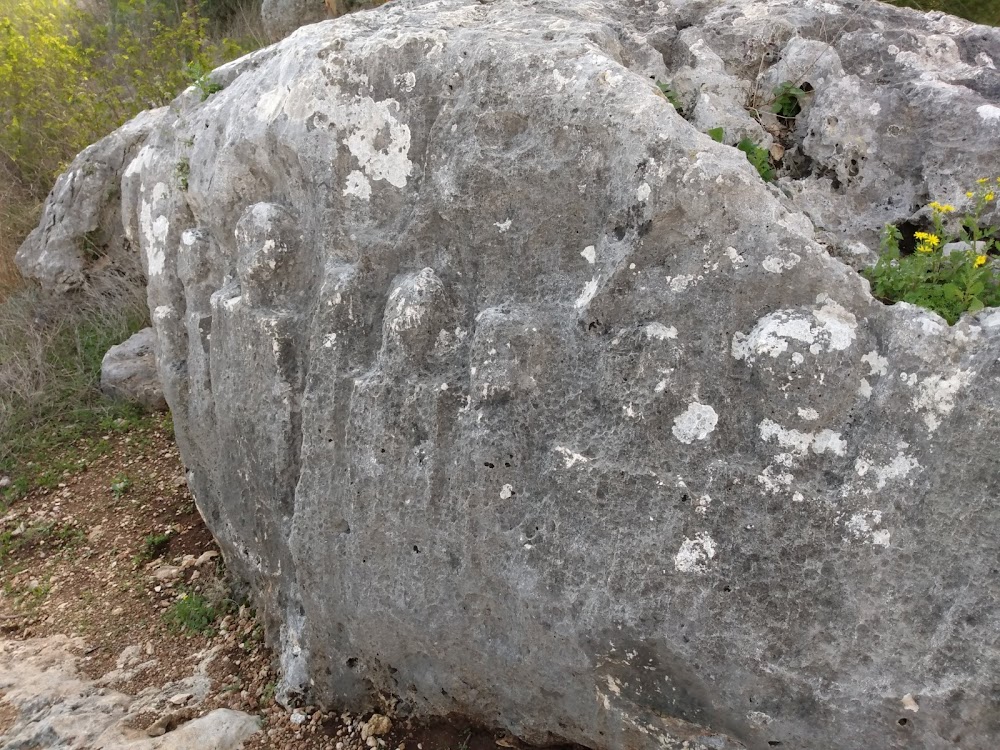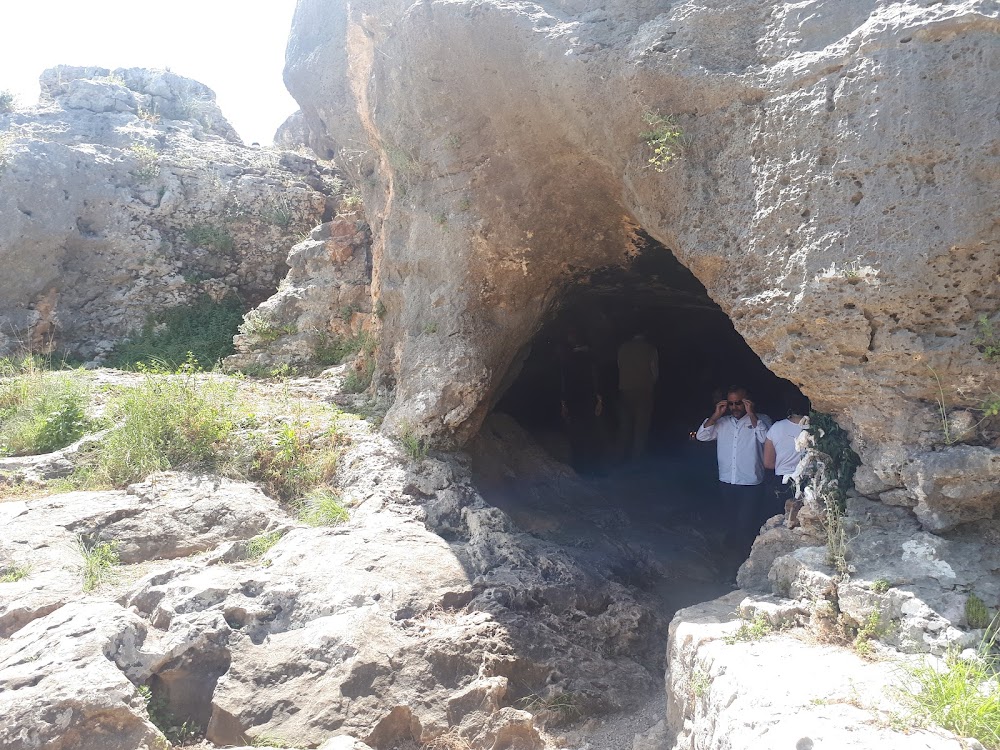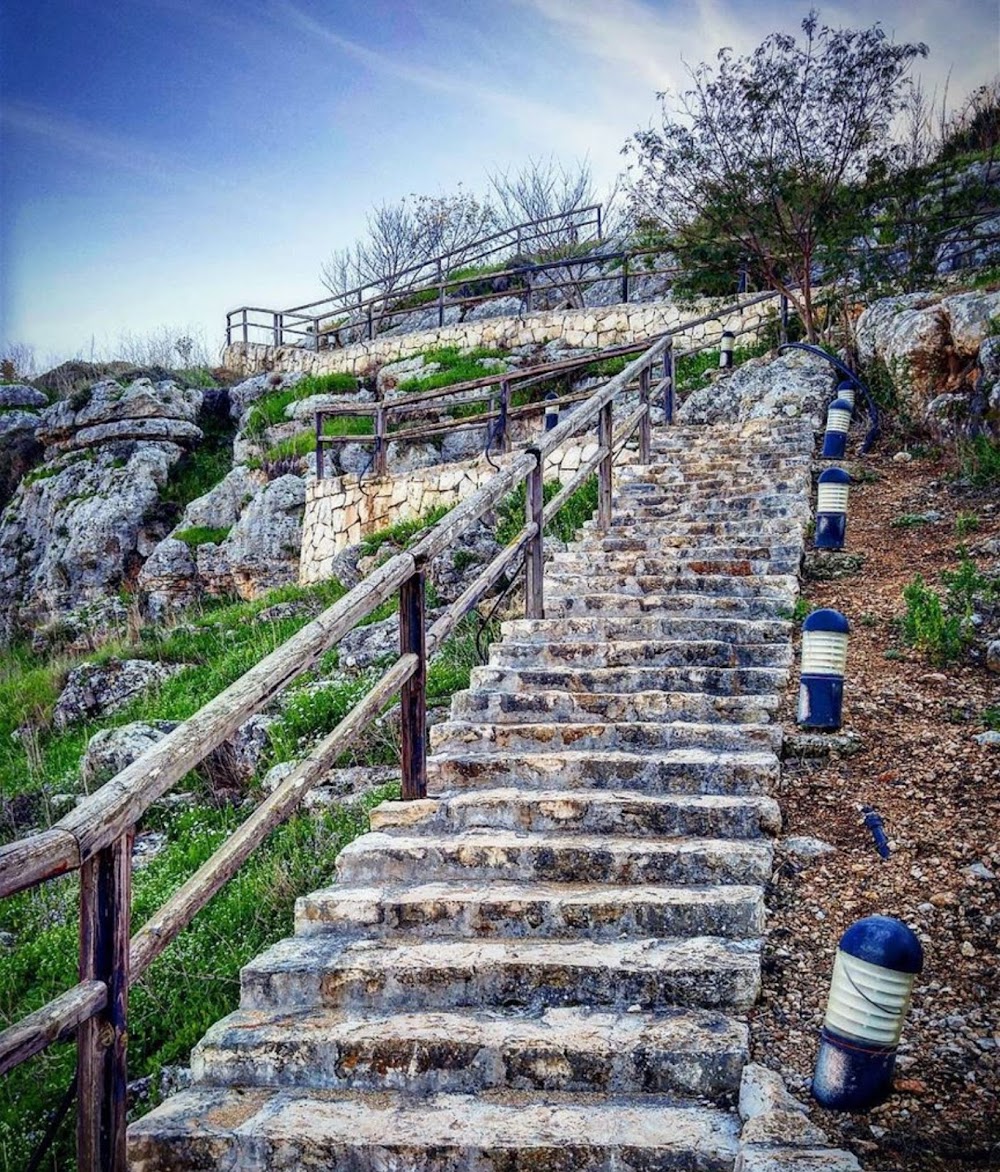Qana (قانا)
Overview
In the heart of Lebanon, nestled within the governorate of Nabatieh, lies the captivating village of Qana. This enchanting village is steeped in history and surrounded by an aura of myths and legends that enhance its allure. Known for its biblical significance, Qana is often believed to be the site of the famed Wedding at Cana, where Jesus is said to have performed his first miracle by turning water into wine.
The history of Qana is both ancient and rich, with human settlement evidence dating back to the Phoenician era. Its strategic location along vital trade routes has positioned it as a key player in ancient times, connecting various regions and fostering cultural exchanges.
Throughout the ages, Qana has been a crossroads of diverse civilizations, including the Romans and Byzantines. Today, visitors can still witness the remnants of these cultures in the archaeological sites scattered throughout the village. Among these historical treasures are ancient tombs, cisterns, and inscriptions, each narrating a fragment of Qana’s storied past.
In modern times, Qana is celebrated for its breathtaking landscape of rolling hills and lush vineyards. The local population has preserved its agricultural traditions, cultivating olives, grapes, and an array of fruits. These time-honored farming practices have been passed down through generations, maintaining the authenticity and charm of this picturesque region.
However, it is impossible to discuss Qana without acknowledging its tragic history during the Lebanese Civil War and subsequent conflicts. The village endured significant hardship, particularly during the 1996 Qana massacre, when Israeli artillery struck a United Nations compound, resulting in the deaths of over 100 civilians. This harrowing event has left a profound mark on the community and the nation, symbolizing both the horrors of war and the resilience of the Lebanese people.
Despite its turbulent past, Qana stands as a symbol of resilience and hope. The villagers have rebuilt their homes and lives multiple times, always returning to their land and roots. Efforts to restore historical sites and promote tourism are underway, aiming to share Qana’s rich heritage with visitors from around the world.
The cultural life of Qana is as vibrant as its history. The village hosts numerous traditional festivals throughout the year, where locals and visitors gather to revel in music, dance, and authentic Lebanese cuisine. These cultural events reflect the community’s spirit and its commitment to preserving its rich heritage.
Today, Qana shines as a beacon of historical and cultural significance in Lebanon. Its ancient roots, intertwined with the scars of conflict and the enduring spirit of its people, create a destination of great depth and resilience. Visitors to Qana can stroll through its charming streets, explore archaeological sites, and experience firsthand the unwavering spirit of a village that has withstood the test of time.









